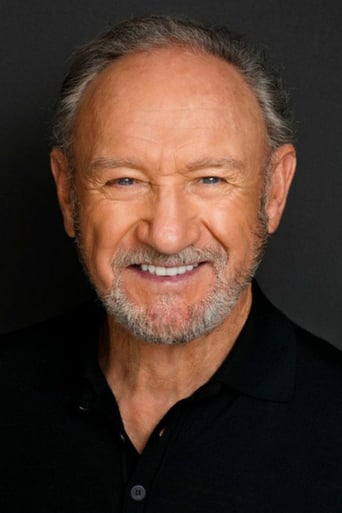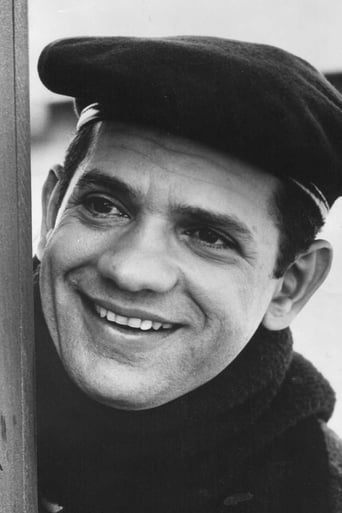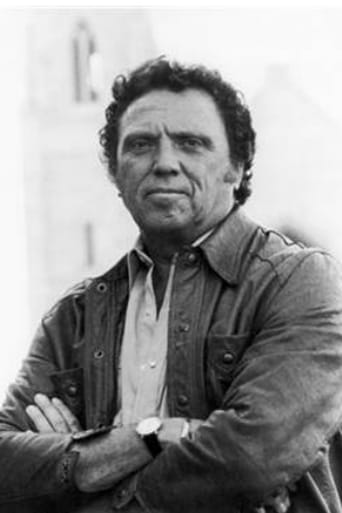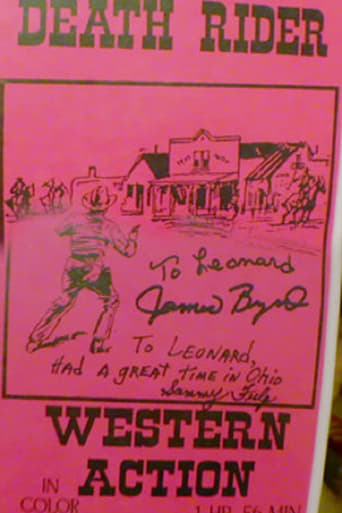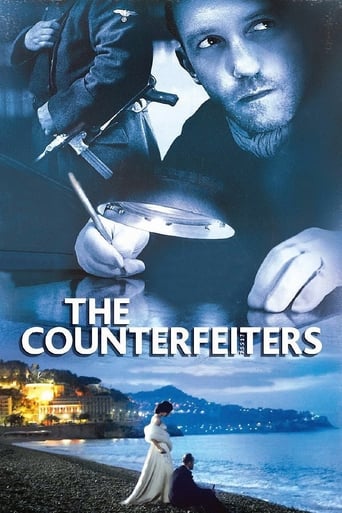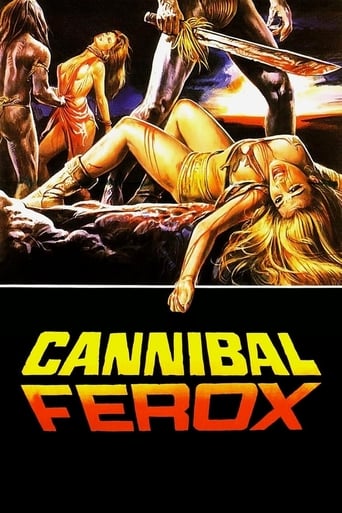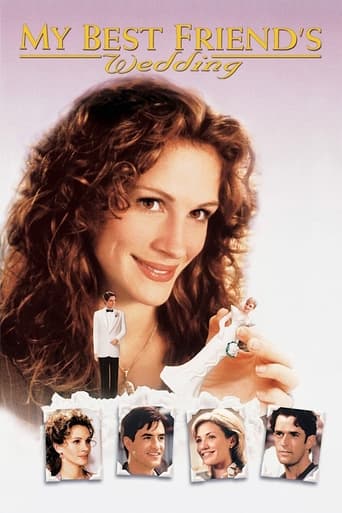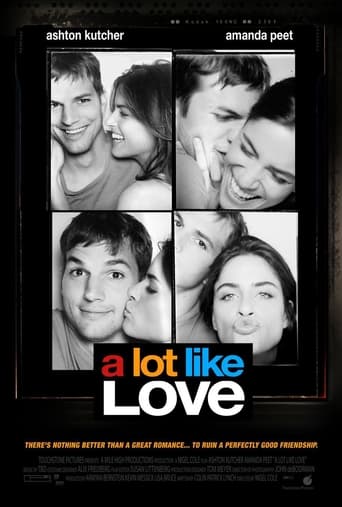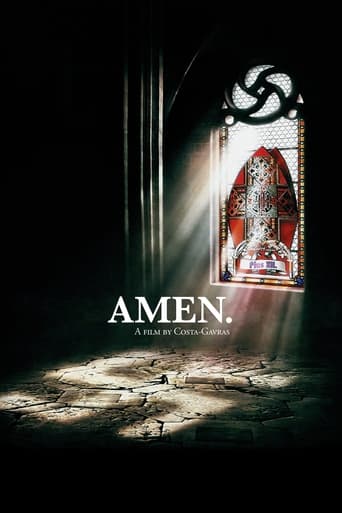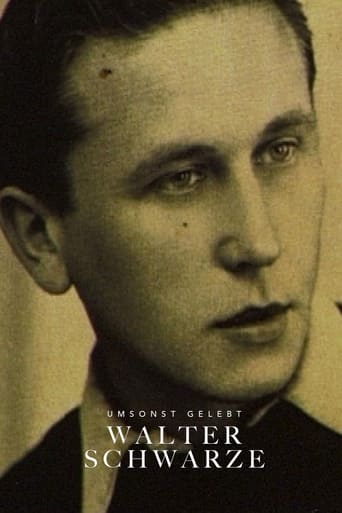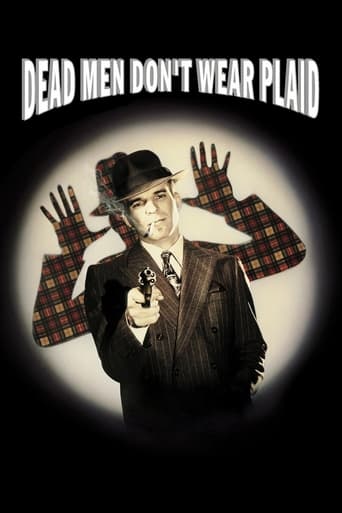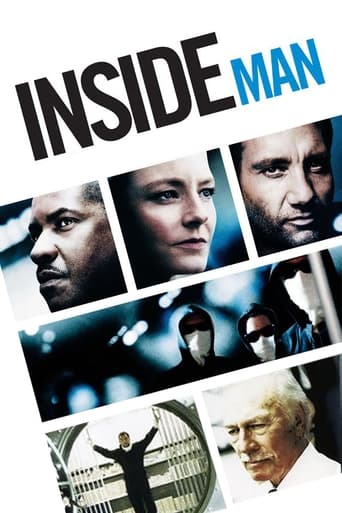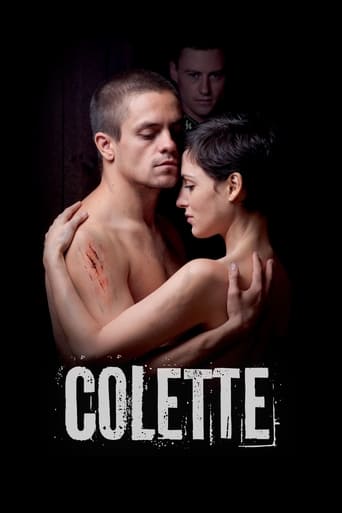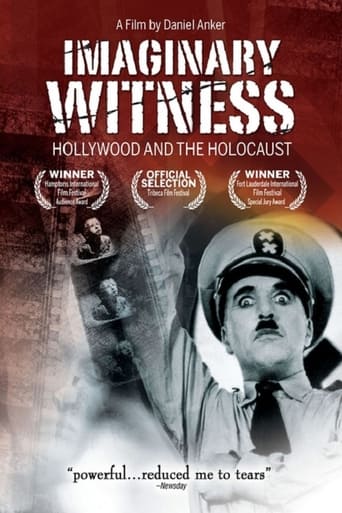
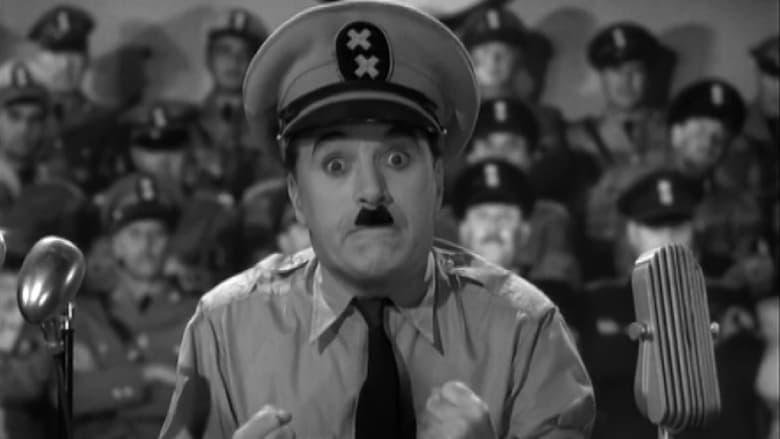
Imaginary Witness: Hollywood and the Holocaust (2004)
Daniel Anker’s 90-minute documentary takes on over 60 years of a very complex subject: Hollywood’s complicated, often contradictory relationship with Nazi Germany and the Holocaust. The questions it raises go right the very nature of how film functions in our culture, and while hardly exhaustive, Anker’s film makes for a good, thought provoking starting point.
Watch Trailer
Cast


Similar titles
Reviews
This documentary goes over the history of the Holocaust on film from 1940 up through today (2004). What I found most interesting is how they actually started with the presentation of Nazis on film, and not the Holocaust in particular. The point being that aside from "Great Dictator" and "Mortal Storm", many films of the war era were not at all critical of the Nazi regime... in fact, they were almost pleasant.What I next found interesting was the reluctance to use he word "Jew" in a movie. Anne Frank was a Jewish girl who died in the Holocaust. Yet, apparently, the first film version of Frank's story goes out of the way not to mention why her family is being persecuted because they felt that non-Jews would not be able to identify with the events.Interestingly, Steven Spielberg says that not many films have been made about the Holocaust. I would say that all depends on how you define "not many". There have been hundreds, starting with a slow trickle (5) in the 1940s and up to dozens a year since the 1970s...
"Imaginary Witness: Hollywood and the Holocaust" (2004) was directed by Daniel Anker and narrated by Gene Hackman. The film is a serious, in-depth exploration of Hollywood's and television's portrayal of the Holocaust. The director presents film clips--both newsreels and commercial films--about Hollywood's response to the Holocaust before, during, and after World War II.Hollywood is an industry, of course, not a force for or against social justice. Both before and after the war, Hollywood's decisions about portraying the Holocaust hinged on the possibility of profits, or loss of profits, from depicting the Nazi horrors. Seventy-five years after the rise of Naziism, we forget how much support Fascism then had in the U.S. and in western Europe. Producers, even though many were Jews, feared losing potential markets if they portrayed the true nature of the situation in Germany.During the war, many filmmakers worked for the Army Signal Corps, and they accomplished great things. However, most American leaders were more interested in defeating the Germans than in saving the Jews and other minorities being shipped to concentration camps.After the war, an unwritten code of silence arose. Possibly producers believed that an honest portrayal of the Holocaust would alienate audiences. Also, of course, postwar Germany was considered an important ally in the struggle against Communism, and politicians quietly urged that Hollywood turn its attention elsewhere. Another factor in downplaying the Holocaust was the wish to prevent people from asking, "Why didn't we do something?"It wasn't until the 1970's that television producers realized that people would watch dramas about the Holocaust. Once the unspoken taboo was broken, Hollywood struggled to catch up. However, it's interesting to consider how long it took for films like "The Pawnbroker," "Sophie's Choice," and "Schindler's List" to make it to the screen.All in all, an excellent, but discouraging film. Worth seeing, but definitely not a feel-good movie. We saw "Imaginary Witness" at the outstanding Rochester Jewish Film Festival. However, it should work well on a small screen
An outstanding account of the atrocities that happened in Germany, and Hollywood's dealing with in in light of the makeup of Hollywood, the acceptable mores of the times, the House Un-American witch hunt, and other factors.It was interesting that television led the way in presenting the Holocaust with a guest on "This is Your Life" being the first instance. After a weak Anne Frank movie, TV returns with Judgement at Nuremberg on "Playhouse 90" in 1959. The fact that one of the sponsors was The American Gas Company muted the effort.But, Hollywood soon began to get it right. It was after The Holocaust, an 8 hour miniseries was aired and survivors began telling their stories.How Hollywood handled this tragic part of history is an interesting story and part of a body of knowledge that will help in viewing these films.
A great review of what Hollywood needed to do -and whatnot- to expose Nazi Germany's intentions... It is a well-documented film with great interviews and original footage to prove that cinema can be used for either wrong or right purposes... This one, it is for the right mission: illustrate how coward was US witnessing what Hitler was doing against the Judaism... Nevermore, please! And even though some raw footage is missing when US troops discovered the death camps, the narration accomplished the feelings of those who watched back then... Hopefully Michael Moore sees this documentary to make him to shift their style of film documenting, where serious stuff can be covered straight forward, without all the comic gimmicks he used to abuse them on his films...


